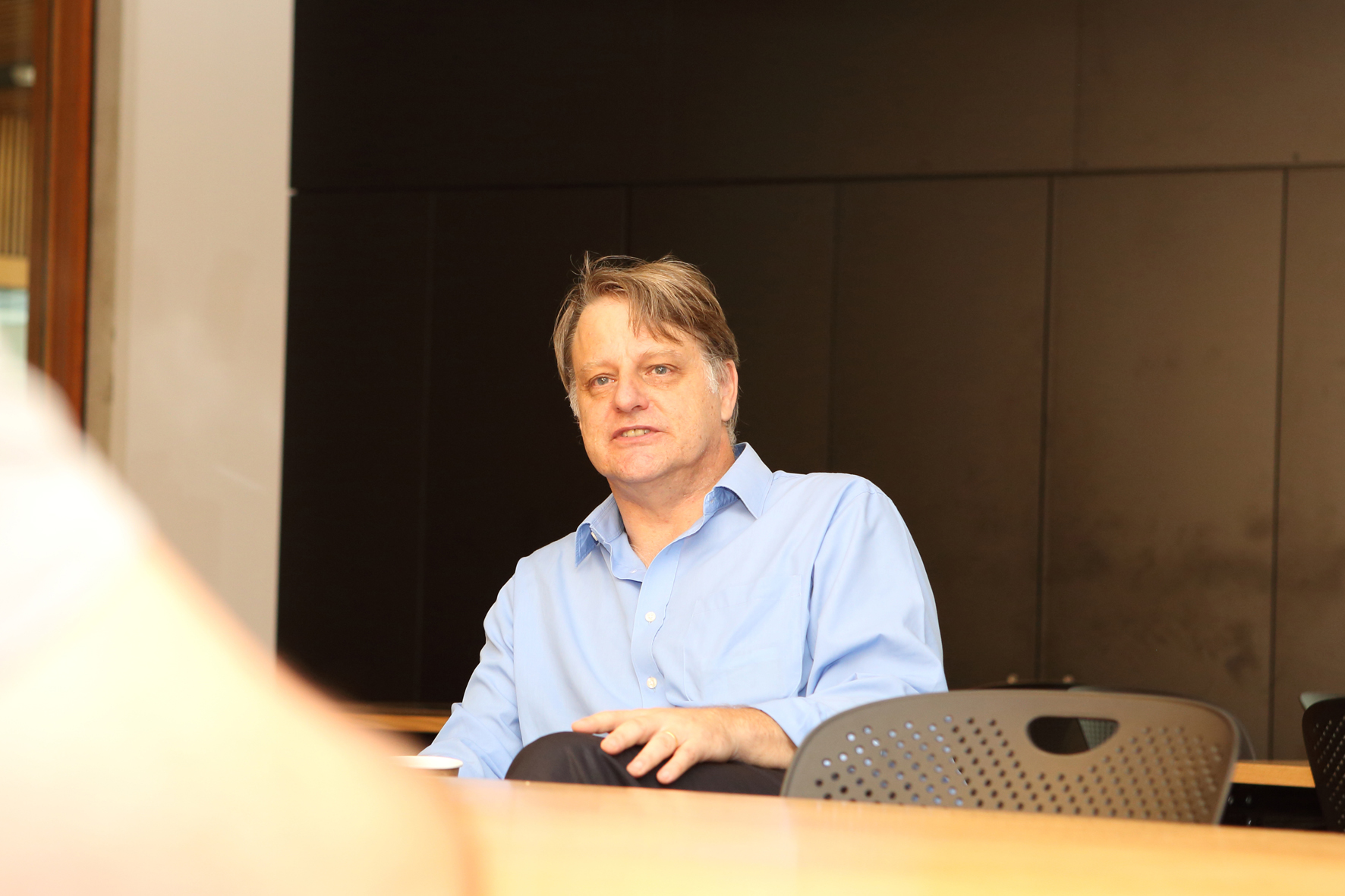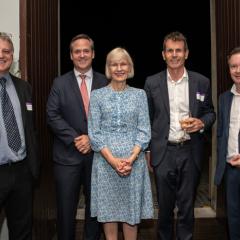UQ gives energy & natural gas parliamentary briefing
The University of Queensland’s Professor Andrew Garnett spent time in Canberra in July, briefing a broad range of politicians from all sides of politics on the importance of gas in the energy mix and how the current policy void and legislative settings are counter to the government’s objective of increasing supply.
Professor Garnett delivered several sessions on the key role of natural gas in the coming long energy transition to MPs at meetings of both the Coalition Friends of Resources Committee and ALP’s Friends of Resources Committee. He reported that there was clearly a sound baseline understanding by the MPs coming into the briefings and that the level of interest, discussion and follow up has been pleasing.

- Professor Andrew Garnett
Professor Garnett said that people are starting to sit up and take notice about the increasing role of natural gas to meet the coming energy trilemma. Year on year forecasts from the peak global energy body, the International Energy Agency, clearly show for their three key energy mix scenarios, to meet the world's changing energy needs, each scenario requires a growth in the use of gas. This includes the Current Policies Scenario (in which annual emissions continue to grow beyond 2040), the New Policies Scenario (which has CO2 emissions levelling off in the early 2020s), and the Sustainable Development Scenario (which would result in a significant reduction in annual emissions).
"Put simply, gas supply has to grow (and prices remain “low enough”) for gas to perform two key global energy functions. First, it is needed to stabilise increasing penetration of intermittent and variable renewables, and second, it is needed in order to offset growth in the use of thermal coal in power generation," explains Professor Garnett.
"Counterintuitively, to those outside the sector perhaps, itis also important to note, that just to keep gas supply roughly constant, continued investment is required in new supply." he pointed out
Professor Garnett also took the opportunity to spend time with journalists discussing some background on the basics of gas, energy and also of Carbon Capture and Storage (a technology which can enable baseload electrical power with very low emissions). The Australian Financial Review published an article on the importance of natural gas in the weekend edition.
A further APPEA networking function for all MP’s, Senators and staff provided a useful forum to touch base with a range of people who were unable to attend formal sessions due to commitments in a busy sitting week.
While in Canberra, Professor Garnett also took the opportunity to brief the Department of Industry, Innovation and Science on the soon to be released scoping study on carbon capture and storage (CCS). He was the project Director on the 3-year independent UQ research project, which is due to be released in August.
Professor Garnett thanked peak industry oil and gas group APPEA for inviting him to give an independent expert view on gas and energy to the parliamentary briefings, in his role as the Director for UQ’s Centre for Coal Seam Gas. He also thanked APPEA for their work in organising the schedule for his visit.



